Blog
The fundamentals of stakeholder strategy
A practical guide to tailored stakeholder management, offering strategies and tools to identify, map, and nurture relationships.
As public awareness of renewable energy grows, debates around fossil fuels—particularly coal and gas—remain strong, given their role in essential household functions like cooking and heating. On social media, audiences are sharing money saving tips to reduce electricity bills, while news reports on Australia’s slow progress in reducing emissions invoke strong political reactions across the political spectrum. By showing how media narratives shape public perceptions and the impact of policy, we can unearth key insights in how information and messaging spreads—insights that can assist in planning communication strategies, understanding sector-specific dynamics, and anticipating public reactions to energy-related issues.
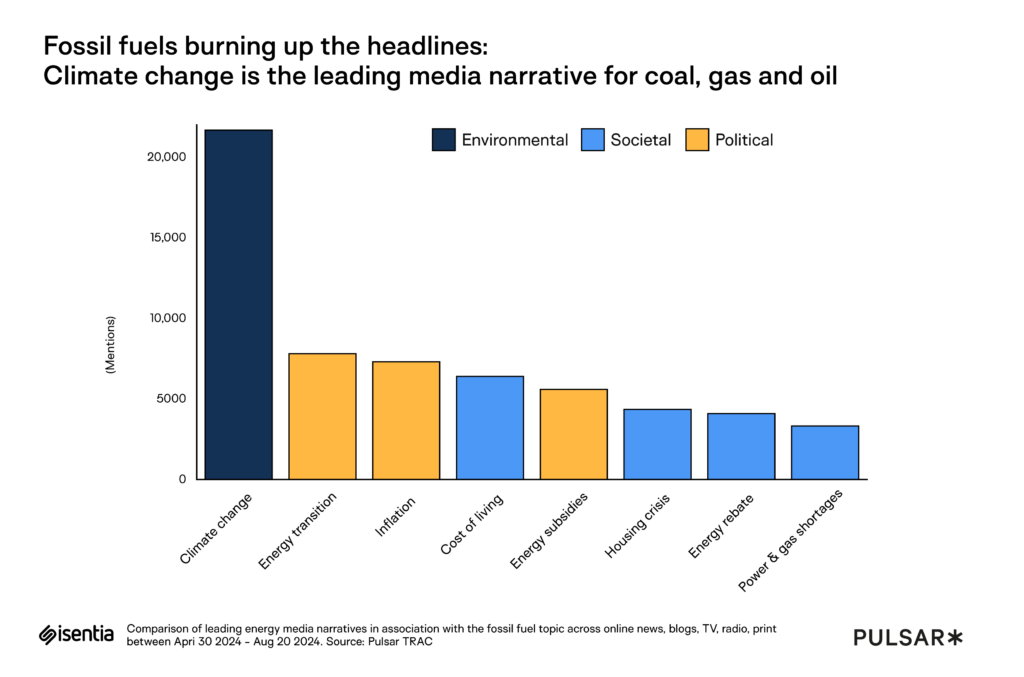
Political agendas are clearly steering much of Australia’s energy debate. Climate change dominates the environmental narrative when fossil fuels are discussed. While political and societal themes are fairly balanced in news coverage, the latter edges ahead as both the energy transition and inflation account for a greater share of space within news feeds.
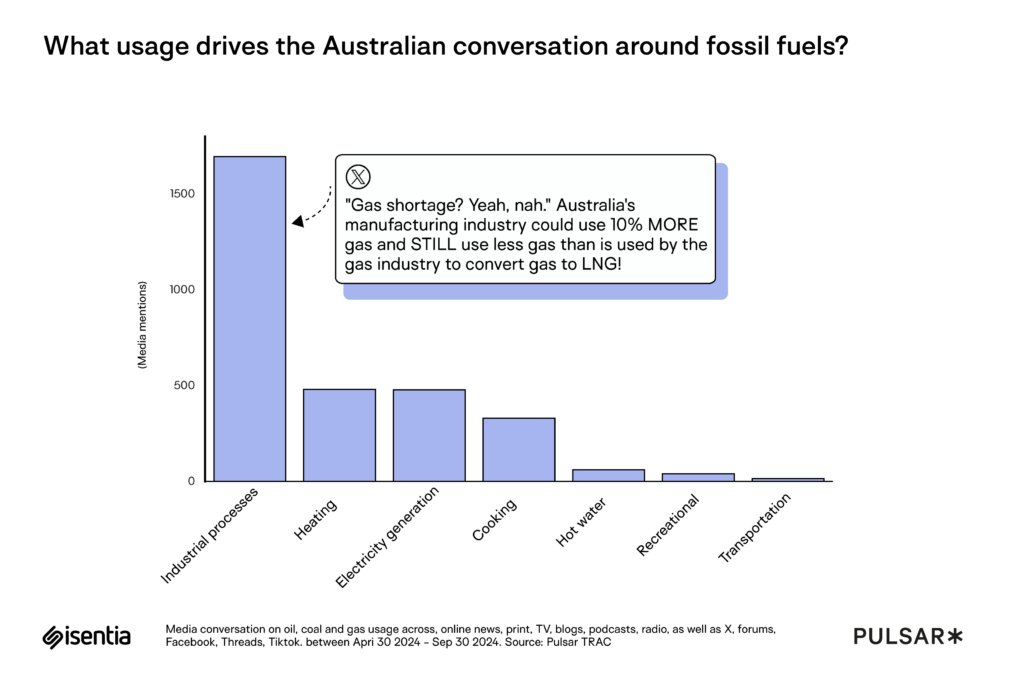
Media stories on industrial fossil fuel and gas usage bring to light the delicate balance between reducing emissions and meeting energy demands. These reports often reveal the frustration in the industrial and manufacturing sectors, with representatives arguing for policies like the Future Gas Strategy to expedite new gas project approvals. A prevailing narrative suggests that gas providers are leveraging their market power, leading to strained relationships between the government and energy companies over the allocation of gas for domestic use versus export, particularly to countries like Japan. Western Australia’s domestic gas policy is often cited as a successful example of securing supply and avoiding shortages through export control.

Meanwhile, in a more everyday capacity, Australians are cutting energy costs by using gas heaters less and switching from gas cooktops to induction stoves, yet many still rely on gas for heating and cooking. The growing frustration over rising bills and energy provider guesstimations has sparked debate: Do lower costs outweigh the push for cleaner energy?
Many on social media criticise government policies, citing increasing energy prices, inadequate subsidies, and scepticism over whether renewables will truly reduce costs. Personal stories of exorbitant bills and poor customer service reflect a broader dissatisfaction with both energy providers and government efforts.
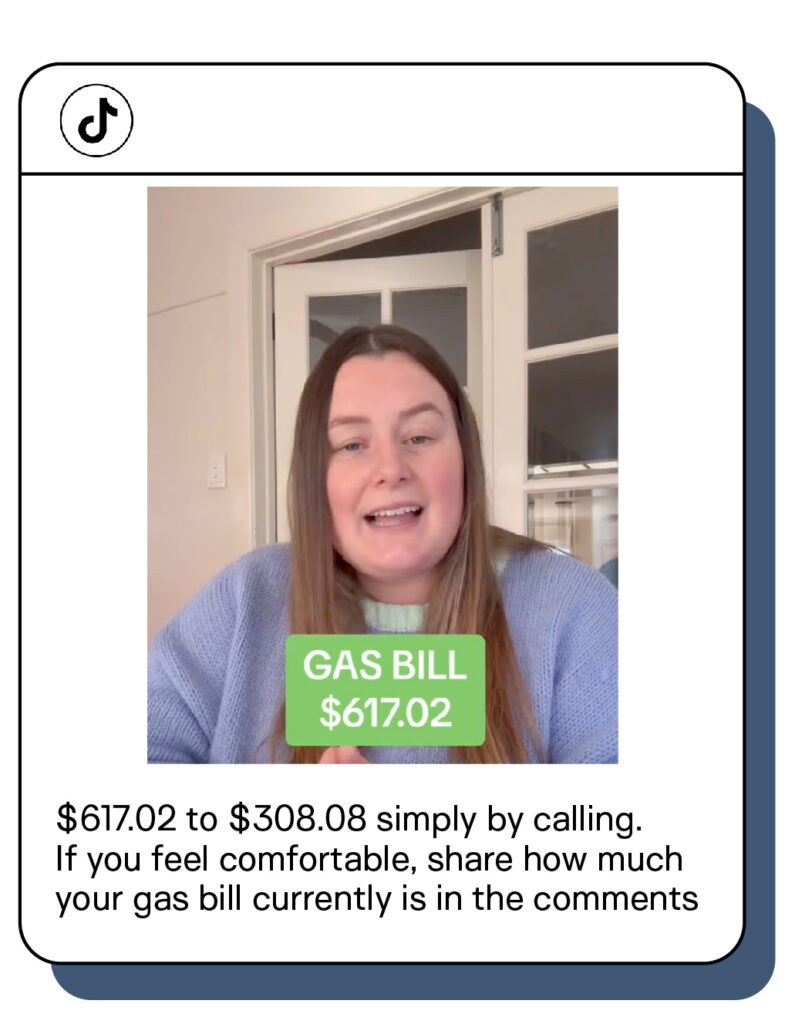
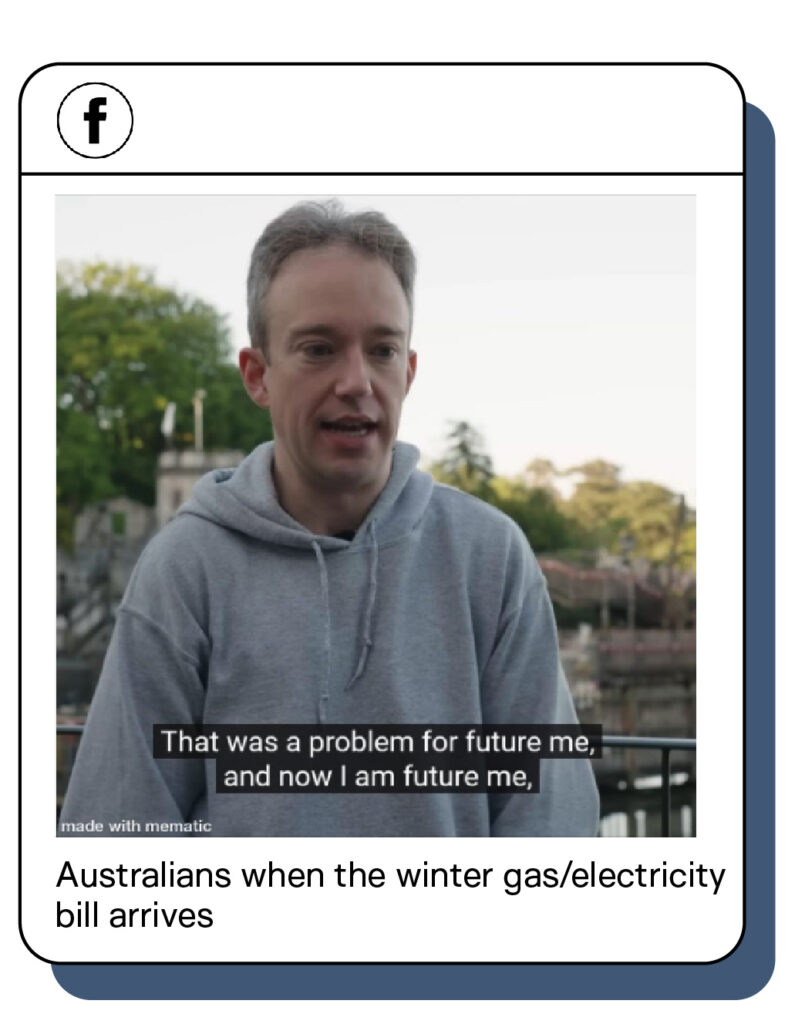
Radio and online news spotlight key organisations in the fossil fuel energy sector. AEMO is frequently in the media for managing the energy systems, forecasting gas shortages, and facing criticism over the feasibility of its recommendations. CSIRO often appears for its expertise, particularly reports like the GenCost report. Origin gains notable radio attention for its domestic power profits, while online news focuses on the government’s reliance on gas and energy companies’ investments in lowering emissions, such as Woodside’s low-carbon ammonia project and its widely covered 70th-anniversary campaign on ABC’s Media Watch airing on TV followed by online publication.
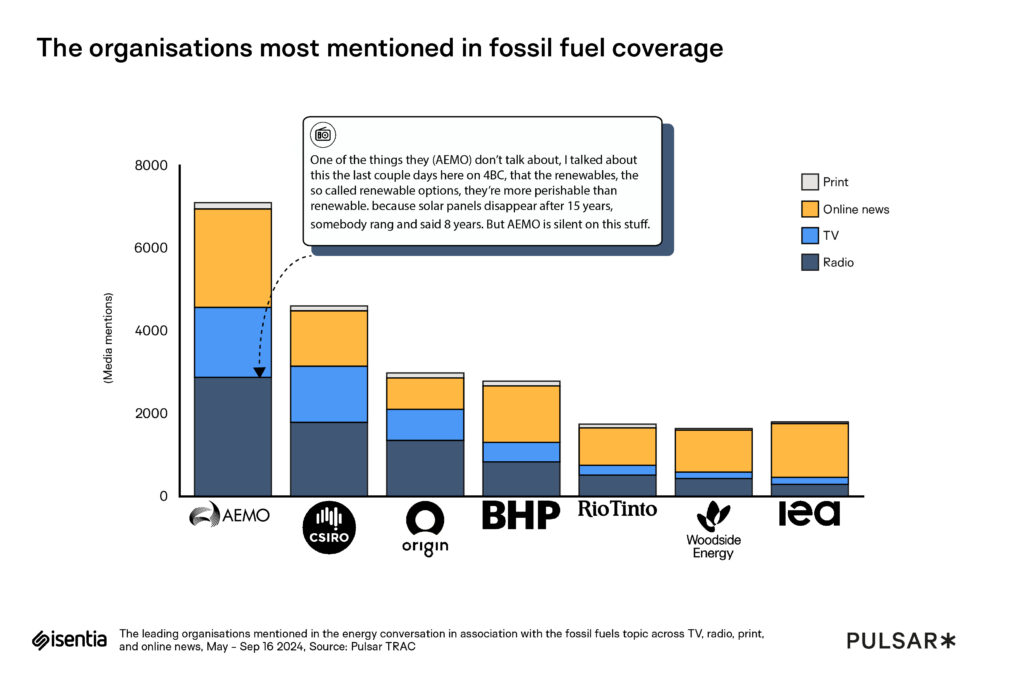
The varying approaches across media platforms highlight how differently energy issues are framed. Television dominates fossil fuel reporting, especially during key moments like Peter Dutton’s proposal to reveal nuclear power costs. TV and radio capitalise on prominent figures, such as David Littleproud on Insiders, where he pushes for Australian energy production while opposing taxpayer-funded subsidies. ABC RN Breakfast featured Bill Hare from Climate Analytics, discussing how fossil fuel exports jeopardise Paris climate goals. Meanwhile, online news offers broader coverage, tackling everything from gas projects’ environmental impact to gas use in MasterChef, giving niche brands and stakeholders a platform without competing as heavily with political headlines.

Peter Dutton draws attention to his support of nuclear power and coal, alongside his stance on the Paris Climate Agreement. Somewhat surprising media coverage even focused on his choice of Rossi Boots, a Gina Rinehart-owned brand. Ted O’Brien , meanwhile, warns Australia may miss its Paris targets, while Madeleine King defends gas as essential in the transition to renewables. Chris Bowen garners frequent coverage for his renewable energy rollouts, as the opposition accuses him of undermining gas supplies.
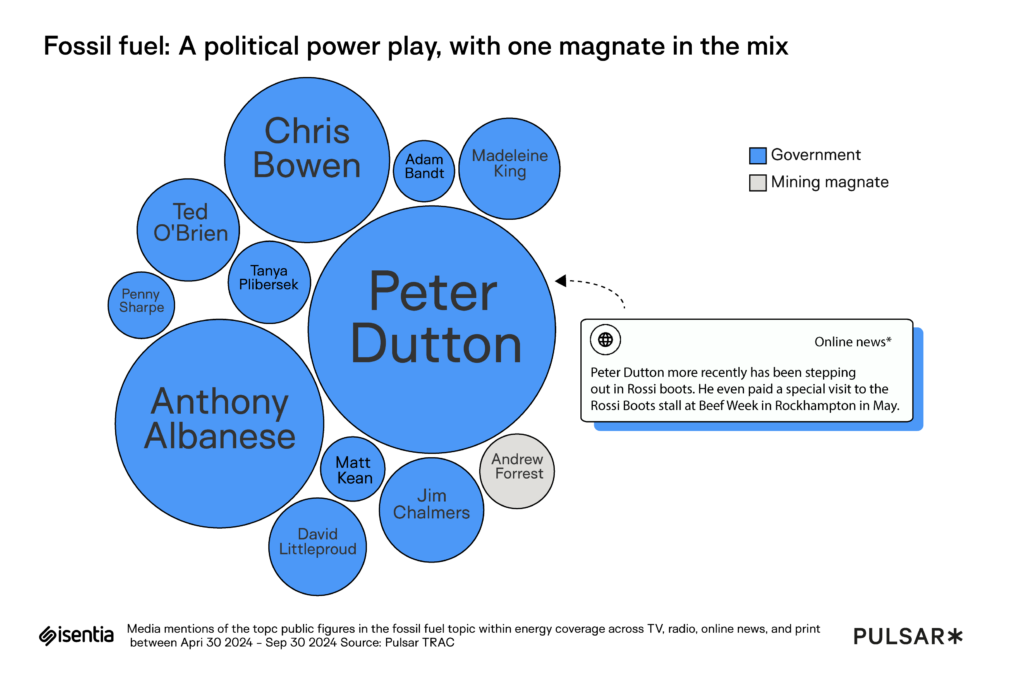
Prominent figures like Andrew Forrest, and former Liberal Treasurer, current Climate Change Authority Chair Matt Kean add to the debate on nuclear energy’s role, reflecting the current debate across media in which fossil fuels are framed as either a critical bridge or else a roadblock to clean energy. This media polarisation underscores a broader tension: public concerns over energy costs versus environmental commitments. Expert voices, however, remain scarce, leaving room for political and corporate interests to shape the narrative. With news media portraying different facets of Australia’s energy transition, the focus shifts between economic security, environmental responsibility, and the future of stakeholder relationships in shaping the country’s energy policies.
With differing approaches across media platforms, the conversation around Australia’s energy future remains highly charged, highlighting the need for balanced communication strategies and clearer public engagement.
Interested in learning more? Email us at info@isentia.com
Loren is an experienced marketing professional who translates data and insights using Isentia solutions into trends and research, bringing clients closer to the benefits of audience intelligence. Loren thrives on introducing the groundbreaking ways in which data and insights can help a brand or organisation, enabling them to exceed their strategic objectives and goals.
A practical guide to tailored stakeholder management, offering strategies and tools to identify, map, and nurture relationships.
Across the communications landscape, teams are being asked to do more with less, while staying aligned, responsive and compliant in the face of complex and often shifting stakeholder demands. In that environment, how we track, report and manage our relationships really matters. In too many organisations, relationship management is still built around tools designed for […]
Get in touch or request a demo.